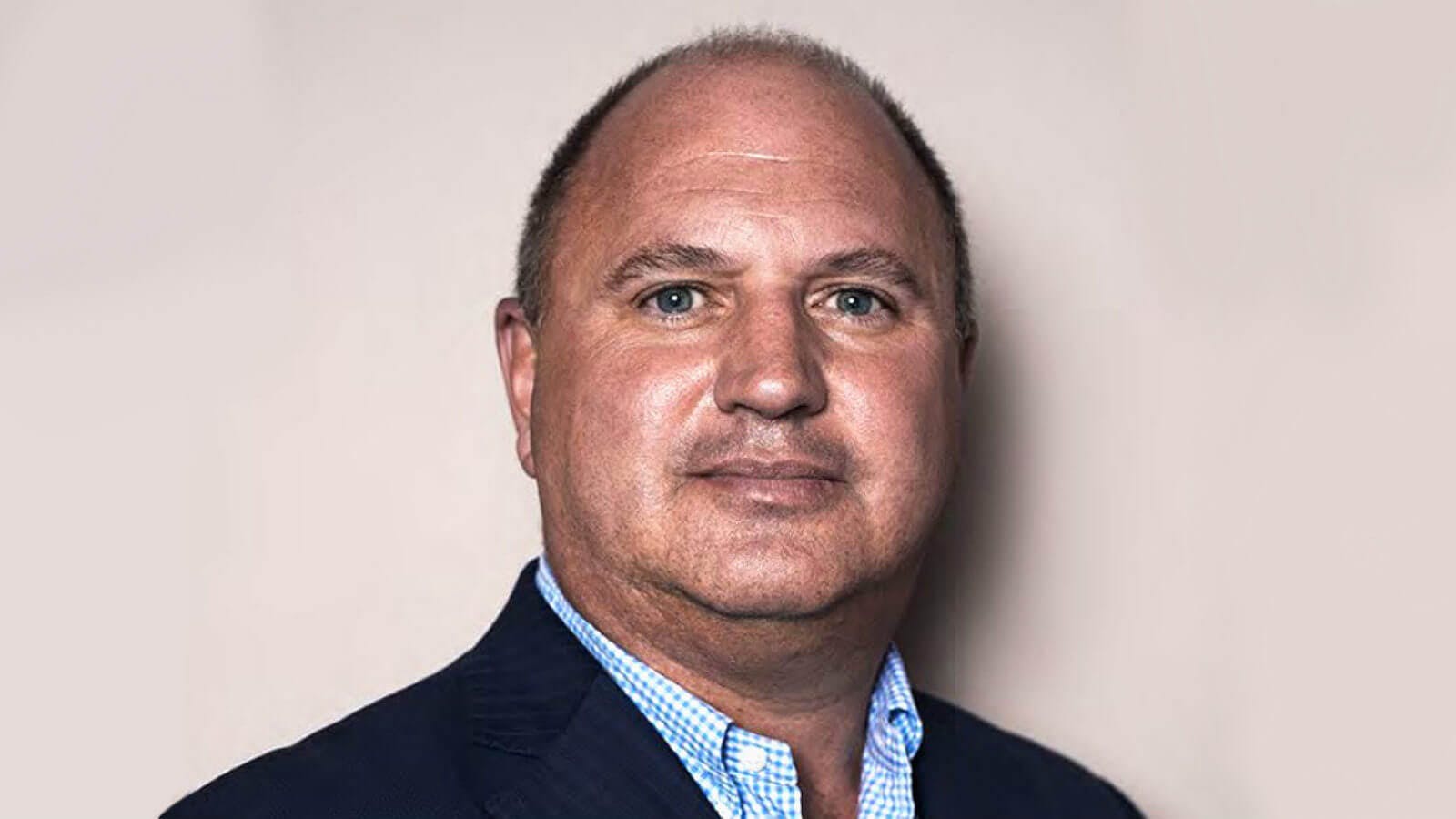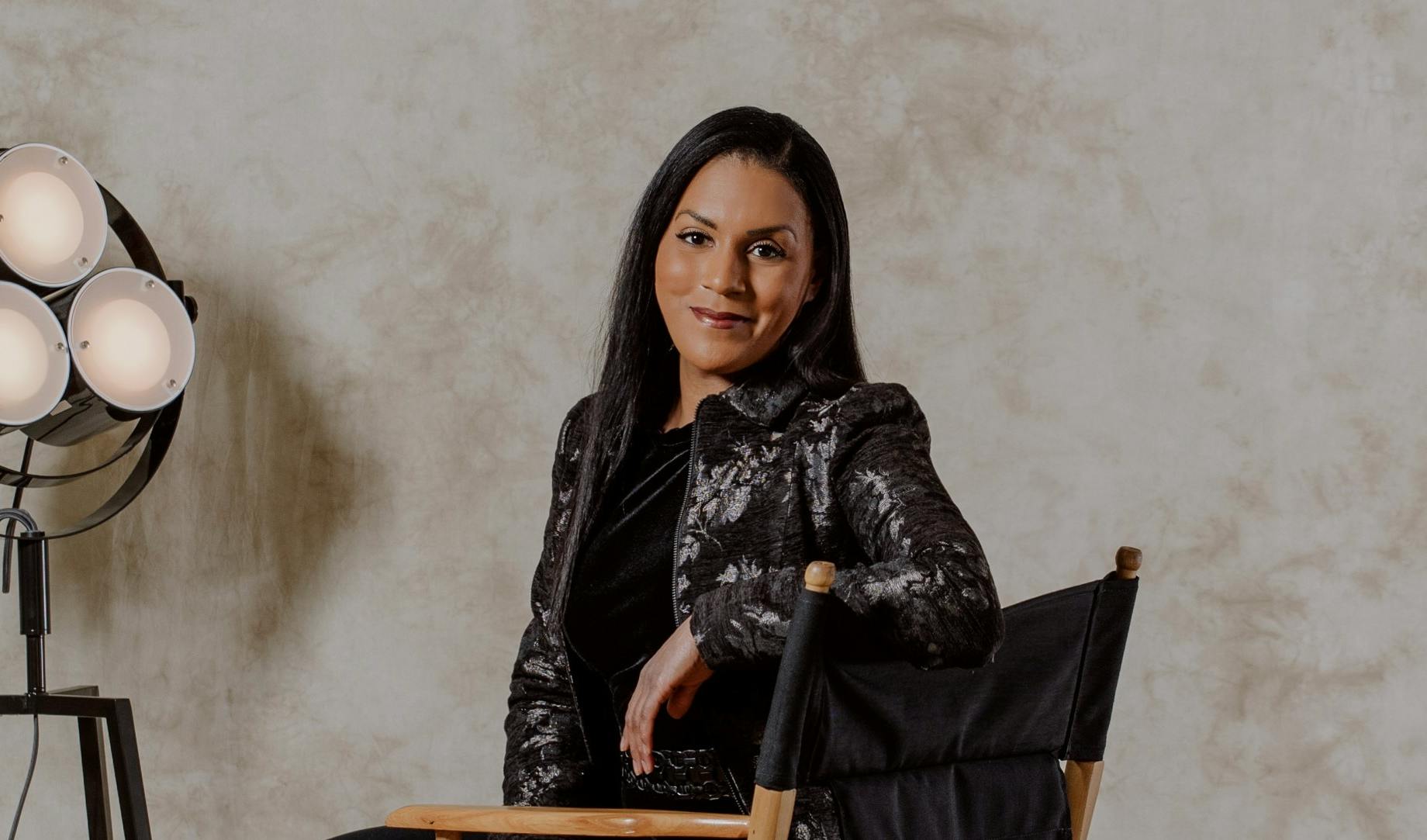
How to grow and run a challenger business|Mark Heraghty, former MD Virgin Media
Mark Heraghty, telecoms veteran and the former boss of Virgin Media talks about his experience leading a challenger, the highs and lows of British telecoms, business growth in the tech sector and the challenges of going plural.
Mark Heraghty has been working in the telecoms industry since the early 90s. He was the Managing Director of Virgin Media until it was bought by Liberty Global for £15 billion in 2013. From 2000 to 2003 he was the CEO for Europe at Cable & Wireless, the telecoms group, and later became a non-executive director there. He was also the chairman of John Henry, the engineering firm, until 2017. He currently serves as a Non-Executive Director at Interxion, a provider of data centre services, listed on the New York Stock exchange, and is board member in a start-up.
How does working for a challenger, like Virgin, compare with an incumbent? How do you lead a challenger?
I liked being part of a challenger and Virgin is the classic challenger brand, whether in aviation or in other industries. Likewise, when Mercury Commnications [where he was a managing director] was set up in the late 80s it was the only challenger to the incumbent, which was British Telecom (BT) at the time, and that changed through liberalisation. Being part of a challenger is a bit like David versus Goliath. Your job is to win market share from the incumbents, whereas if you’re part of the incumbent and you’re British Airways, then almost inevitably you’re defensive rather than offensive, you’re trying to retain rather than attract. Psychologically it is a much more difficult battle if you’re the incumbent. There are lots of different skill sets that can be deployed to retain market share. It’s a more difficult challenge in some respects, but it’s not as much fun. It’s more fun to build something than take it apart. It’s more fun to grow than to manage decline. Psychologically the competitive nature of being part of the challenger business, it just appealed to who I am and what I’ve done.
What makes a challenger business successful?
Luck always has a part to play and timing has much importance. Many companies have had great ideas but the timing was wrong. Great ideas with great vision can prosper. The liberalisation of the telecoms market in the UK was ahead of most countries in the world, which meant we led the world in telecoms. It was a very good time for anybody trying to take business from the big, bad incumbent.
A successful challenger has to start with a vision and it has to start with a team who are aligned to deliver on that vision. Without that it’s very hard to succeed, you’d have to be incredibly lucky not to fail. Although we operated a tech business, at the end of the day, especially in the business-to-business space, business is done between people, whether you’re buying or selling technologies, it’s still a people’s business. You have to be mindful of that.
We used to drive innovation in telecoms, like you said, and although there are areas like 5G and IoT that are quite exciting in the sector, we’re not at the forefront any more. What went wrong?
It’s hard to believe that the UK once led the way. The duopoly between Mercury Communications and BT formally ended in 1994 and allowed other operators to come in and set up telecoms businesses and compete, both in voice and in data. The UK was vastly ahead of Europe. All EU countries were looking to the UK as the visionaries in this new world. I think poor regulation of the incumbent over the past 25 years has allowed us to fall from being at the forefront to being the laggard in terms of infrastructure and broadband speed. There’s a counterpoint to all of this, which is that despite of the relative slow speeds, the UK still leads Europe and in many cases the world, in term of ecommerce.
How do you manage growth if you’re a tech start-up or a mid-size company, looking ahead, or you’re an established player and you don’t want to plateau?
Most of my working life has been very large companies with thousands of people and billions of pounds in revenue. When you’re in that environment, you’re used to a certain work style where almost everybody is very good. If you’ve got the right finance person and the right HR person, you can achieve a lot. That is not the case in a small company and that is certainly not the case in a small start-up. You need a quite a different approach and a different set of skills. That has been a learning point for me as I’ve managed the transition from being an executive in a big corporation to a board member of a start-up or the chairman of a medium-size company. It’s quite challenging and it can be very frustrating.
Why frustrating?
Big corporations pay a lot of money and tend to be the first port of call [when people look for jobs] so the quality of the people when you work in a large company and a recognised brand is almost always very high. If you go to a very small company that is absolutely not the case, they can’t afford to hire the best people. At a small business, the formal processes are almost completely non-existent: people having job descriptions, a confident HR department that can manage grievances and disciplinary and objective setting and remuneration, all of the organisational competence that you take for granted when you’re in a big company. A lot of it you have to try and do yourself and I can do some but not all of those things. I’m far better at getting others to do it for me.
In my capacity as a non-executive chairman or a non-executive director, you’re not running the business. That brings its own frustration to somebody like me, who is more traditional, command-and-control type leader than somebody who sits back and ponders helpful suggestions from time to time, which to some extent is the role of the non-executive. That I find quite difficult. You see somebody and you know they’re going to make a mistake and you’re trying to persuade them to your point of view, but you can’t just bang the table and say, ‘out of my way, I’ll do it then’. It’s not part of the job role.
When did you go plural? Was it a conscious decision?
When I left Cable and Wireless in 2003 I made a little effort to go plural but I was too young and inexperienced. I was on the board of a small AIM company, listed on the junior market, and that didn’t go well and nothing else came up. I went back into being an executive and from there to Virgin. When Virgin was acquired I did reasonably well in terms of the long-term incentive plan so my desire to go plural was largely helped by the fact that I’d done well out of the transaction. It was a nice choice to have. I was old enough to start. For lifestyle reasons I wanted not to be busy all the time.
How did you come across Nurole?
An ex-colleague sent me an email. It was role-specific. I hadn’t heard of Nurole before but it intrigued me enough to have a look. I knew of similar networking or job searching platforms, but none that ever produced anything worthwhile and Nurole was just a better fit for me than others.
Now some quick-fire questions…
What professional advice would you give?
Think carefully about a limited number of strategic choices that you have to make; then go for it and don’t be afraid.
Biggest career break?
Sometimes you make key decisions which make and break your career. When I graduated in the mid-80s, Ireland was in the throes of economic decline and recession and I decided I was leaving no matter. I ended up working in Norway in the oil industry for five years and that worked out extremely well. That was a lucky move.
When did you last cry?
I’m a massive blabber. I will cry when I watch an advert. Maybe not cry, well up.
Last holiday?
Switzerland, near Davos.
How do you wind down?
I try to go to the gym – I eat too much and I drink too much. I love to play tennis.
What are you reading at the moment?
The Alps: A Human History from Hannibal to Heidi and Beyond, Stephen O’Shea and Richard Bassett, A Guide to Central Europe
Favourite gadget?
Apple AirPods.
If you are looking for non-executive director roles, Nurole's innovative recruitment platform can help.





